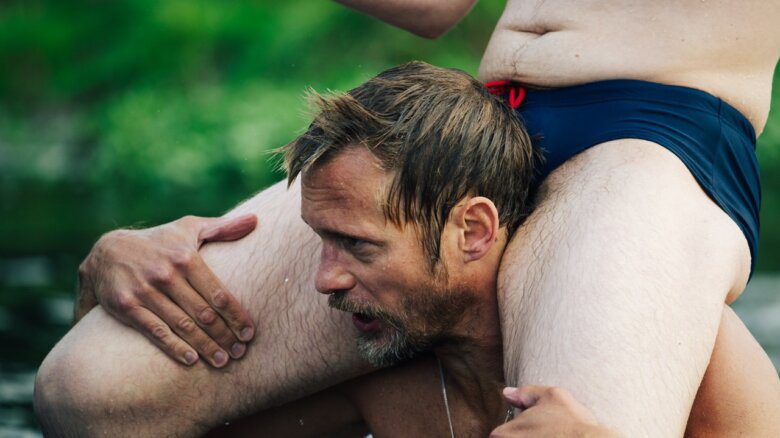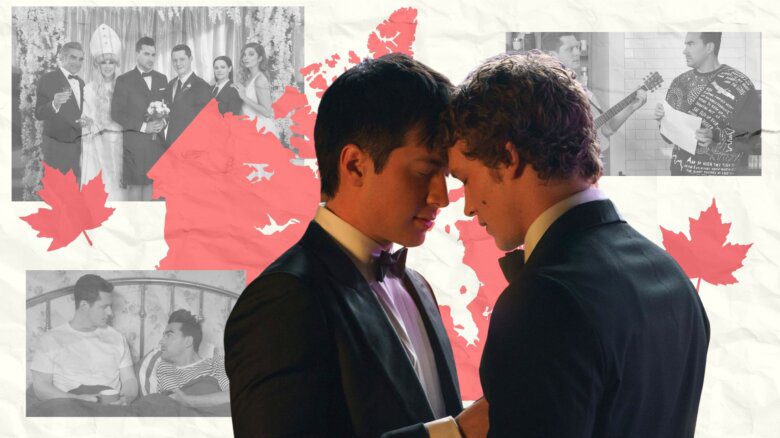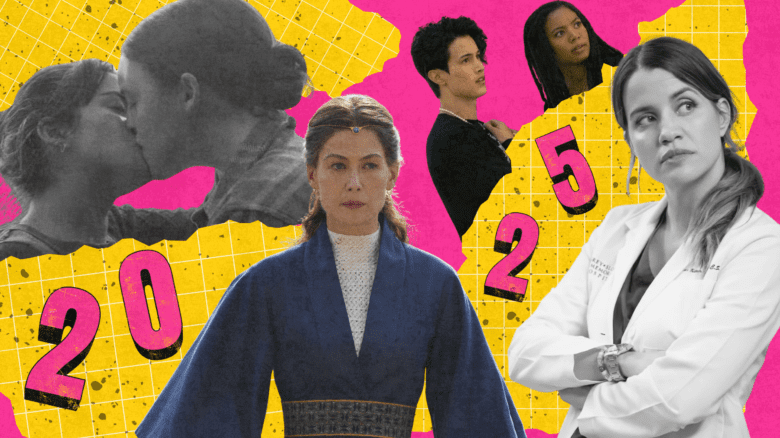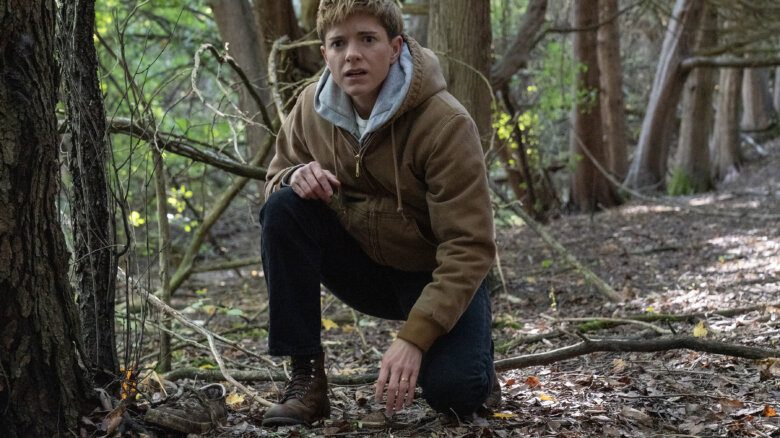When Australian actor Jon Prasida finished his final audition for The CW’s modern-day reimagining of Kung Fu in early 2020, he returned to his hotel room and couldn’t stop thinking of one song: Billie Eilish’s “everything i wanted.” So he closed the blinds and started listening to the song again, reflecting on a whirlwind audition process that had started with a self-tape in Sydney and ended in a room full of network executives in Los Angeles.
“I was living my life back home in Australia, and then the next thing I knew, I could be sent off to another place, and then I would have to change my life,” Prasida tells me in a phone interview. “I had to get into the mindset of that, and the only way I could do that was by listening to this song for a second. I guess just knowing that I had come a long way as a person made me really grateful, and even if I didn’t get this role, I could go back to my survival job and just do it again if I got this far.”
When he called his reps to get an update on his audition, Prasida says that his agents echoed the same sentiments to mess with him at first before telling him that he had, indeed, secured the role after all, which has since marked the start of his blossoming international career. “From that moment onwards, there was this inward elation, this build-up of ‘I’m super thankful that this has come about,’” he says.
The gender-flipped reboot of Kung Fu, which is the first network drama to feature a predominantly Asian cast, stars Olivia Liang as Nicky Shen, a young Chinese-American woman who, after spending three years at an isolated Chinese monastery, uses her martial arts skills to protect her hometown. (The season one finale will be broadcast, Wednesday, July 21.) Prasida plays Ryan Shen, a quick-witted medical student and Nicky’s openly gay younger brother.
“The minute I saw Jon’s audition tape, I knew he was Ryan,” says Christina M. Kim, the creator and co-showrunner of the new action-adventure series. “I had seen dozens and dozens of tapes, and no one had nailed that combination of cool confidence, humour and vulnerability that Jon has. Ryan’s sexuality was always going to be a part of his storyline for Season 1, but it was just one of the many things about his character I wanted to explore.”
For Prasida, he admits that there were—and still are—moments of insecurity in taking on the role of Ryan, a medical student whose sexuality has rarely been acknowledged by his Chinese parents since he came out to them over a year ago. The 30-year-old Aussie has leaned on his closest confidantes for guidance.
“I have so many wonderful, beautiful, inspiring gay friends, and in my mind, I was like, ‘I don’t want to disrespect anybody,’” says Prasida, who identifies as straight. “But I’ve got an overwhelmingly positive support network of people who are gay and who are proud to have me do this.”
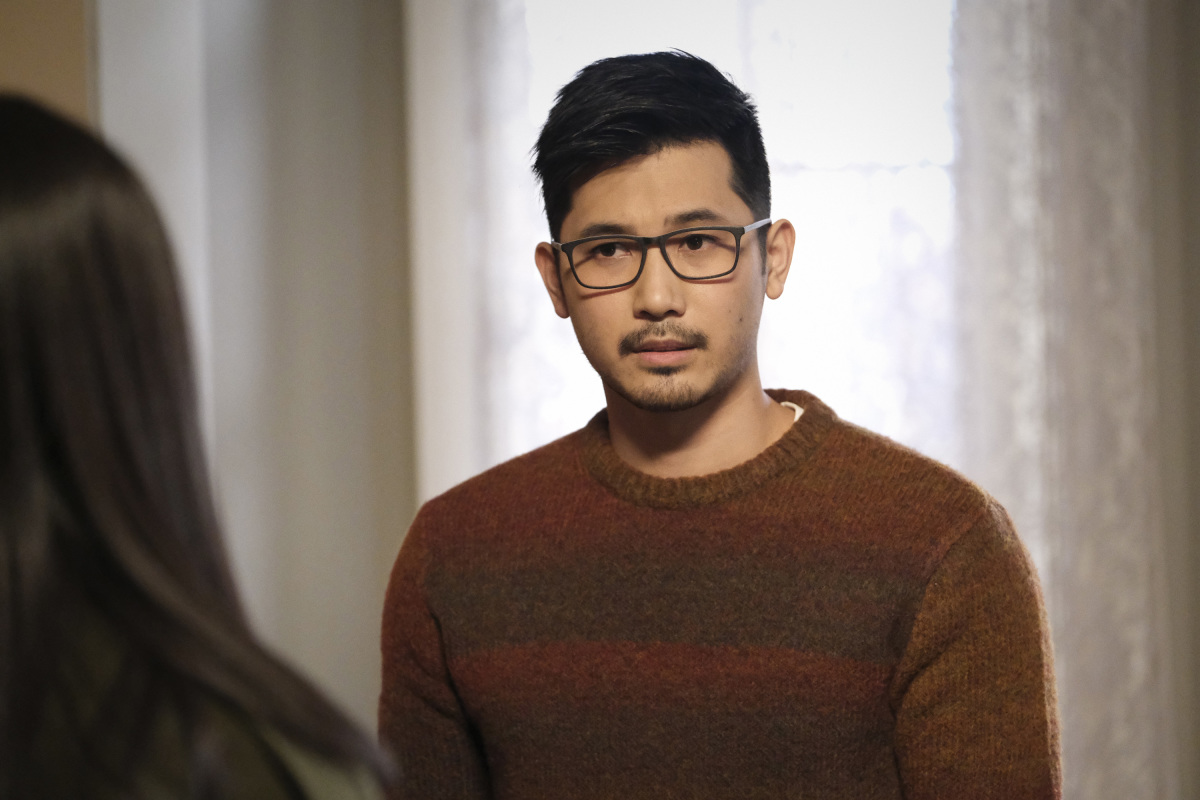
Credit: Bettina Strauss/The CW
It’s hard to believe, in this era, that Prasida was told that playing gay could cause him career problems and that he might be criticized for taking a gay role away from a gay actor. In eye-opening conversations with his agent and his acting teacher, Prasida says they considered the potential controversy of his decision to play a gay character, but they also feel that sexuality “should not define who you are, both in real life and when it comes to playing a role.”
“The role of Ryan, for me, spoke to this deeply, as he is much more than ‘just a token gay character’ within the Kung Fu world,” he says. “He’s a loving brother, a passionate advocate for what’s right, a keen medical student, a respectful son and at the end of the day, a young boy turning into a man, navigating the world just as much as everyone else. So, for me, this is as important to him as a character as who he may be attracted to.”
“People in Ryan’s position can look at his story and be like, ‘Hey, I feel seen. Someone knows what it’s like to be me.’”
The timing of this new iteration of Kung Fu—which is a modern-day adaptation of the 1970s series that aired on ABC—coincides with a growing hunger for stories about Asian characters. After a year that has seen both a significant increase in attention paid to Asian-led stories (Parasite, Minari, Raya and the Last Dragon) and an alarming spike in anti-Asian racism, Prasida recognizes that there have been very limited depictions of queer Asian characters on television—Oliver Hampton on How to Get Away With Murder, Mateo Liwanag on Superstore and Dr. Nico Kim on Grey’s Anatomy have been recent exceptions. Prasida says that the opportunity to bring that kind of diverse representation to the small screen “gives me purpose and gives me drive.”
“Within the Asian community, there is, dare I say, a lot of homophobia, and I don’t think that’s acceptable,” he says. As a straight man, he says he’s consistently in the process of re-educating himself and becoming more aware of the issues that directly impact the diverse LGBTQ2S+ community. “I don’t think we should just sit there and accept that, so portraying Ryan’s story is very important to me. I am so honoured to tell this story so that people in Ryan’s position can look at his story and be like, ‘Hey, I feel seen. Someone knows what it’s like to be me.’”
In fact, Prasida reveals that he has drawn a lot of inspiration for his character from one of his closest friends, who has come out to everyone except his father. “It is devastating to me that he can’t share certain aspects of his life with his own dad because there’s this one super arbitrary fact that he just happens to like men, and to know what the repercussions are if he were to tell him, to be scared of the result, is sad,” he says. “The ability to share your life with your parents is invaluable.”
Prasida’s journey to his first series regular role in North America—like many of his peers in the arts—has not been without years of personal and financial insecurity. Born in Sydney to parents of Chinese-Indonesian descent, Prasida, who knew that he “wasn’t gonna do anything academic,” discovered acting in his sophomore year of high school while trying out a wide-range of extracurricular activities.
After graduating from high school in 2008, Prasida worked a number of odd jobs to support his dream of becoming an actor—which included working as a bartender, delivery driver and staff member at a rock-climbing gym and a large computer store—all while building up a steady number of screen and commercial credits in Australia. Prasida jokes that it was through a combination of hard work and “straight naiveté” that he ended up auditioning for Kung Fu on a self-tape, which has generally become customary for international actors who are looking to work abroad.
“Prasida describes Gibson as ‘an incredible scene partner’ who was open to having difficult conversations about race and sexuality.”
When he began to receive positive feedback on his first two self-tapes, Prasida discovered that he would have to fly to Los Angeles to complete the audition process, despite having just spent most of his savings to officiate his friends’ wedding in the Philippines. But the rare experience of sharing the room with so many up-and-coming Asian actors was well worth it, he says.
“The really cool thing is, after we were done, we all went and had lunch together, and I’d never had that experience before with anyone,” he says. “We all just competed for the same role, and yet there was this common knowledge of, ‘Hey, we’re in this together. Regardless of what happens, we’ve done a lot to get here, and let’s celebrate that.’ That was a super positive experience for me—having this shared Asian experience.”
While his family and friends back home in Australia have been overwhelmingly positive about the show, Prasida admits that he has leaned a lot on his girlfriend, Perri Reynolds, and his multigenerational cast while shooting the show in Vancouver under strict COVID-19 protocols. Kung Fu wrapped production in late April and has already been renewed for a second season at The CW.
“During a pandemic, we can’t help if we get sick, but at the same time, we can do as much as we can to avoid that. We all hang out with each other, and because of that, we have gotten ridiculously close. There’s about four or five of us in the same building complex—four of us on the same floor,” Prasida says.
In the show’s freshman season, Ryan has had to deal with the sudden return of his estranged sister and the prospect of a blossoming romance with a Black activist and graphic designer named Joseph Harper (played by out gay actor Bradley Gibson). Prasida describes Gibson as “an incredible scene partner” who was open to having difficult conversations about race and sexuality. Given the show’s rising popularity, Prasida does not take the responsibility of portraying an interracial queer relationship lightly, and he hopes the relationship “will resonate with a lot of people, including my own friends,” he says.
“What we do explore [in Season 1] is Ryan being a part of a relationship and seeing him go through that, because he’s had hookups and flings and stuff, but he’s never been with another person in another relationship, partially because his parents were going to find out eventually,” he says. “The fact that Ryan can do that with Joe is a huge step for him, and we’ll see how that develops this season.”
Kung Fu airs Wednesdays at 8 p.m. on The CW in the U.S. and on CTV2 in Canada.
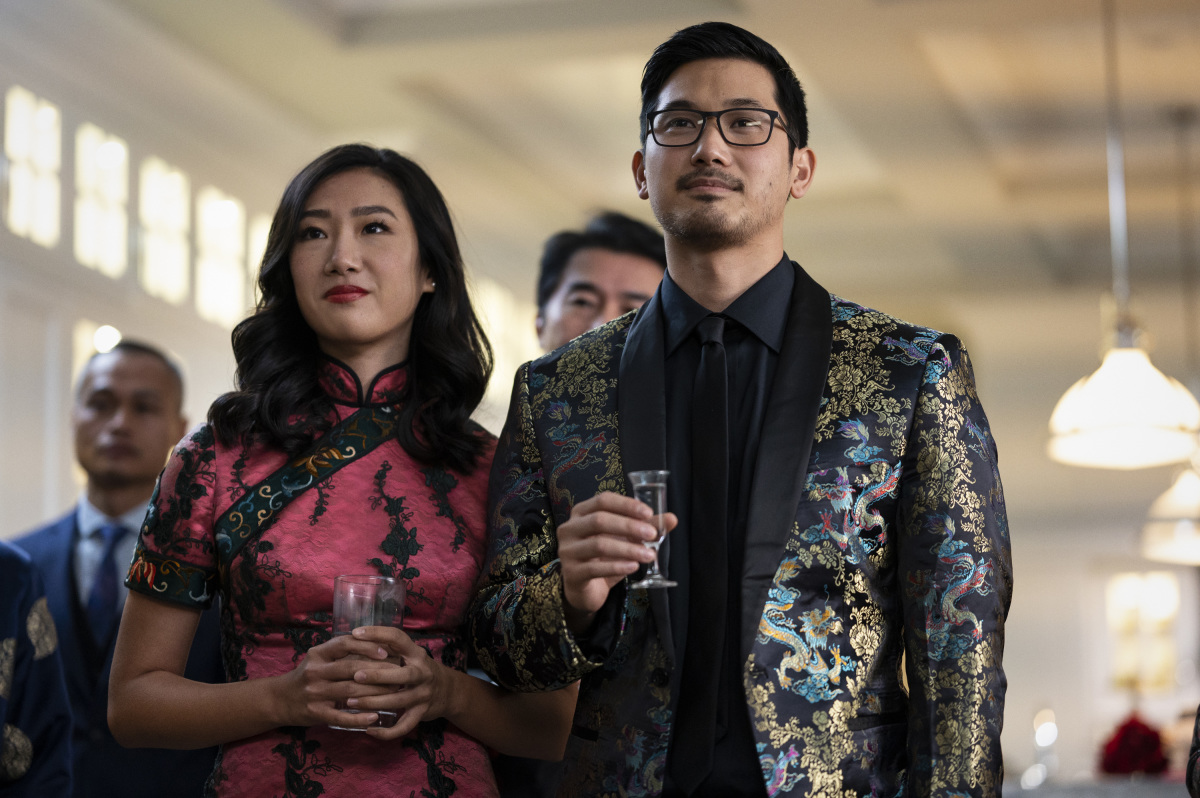
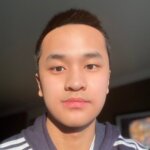
 Why you can trust Xtra
Why you can trust Xtra